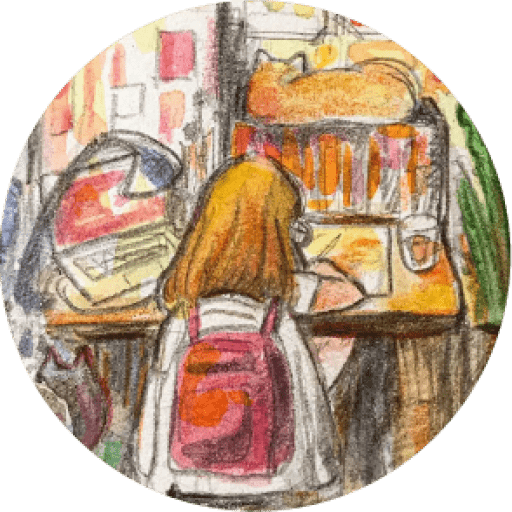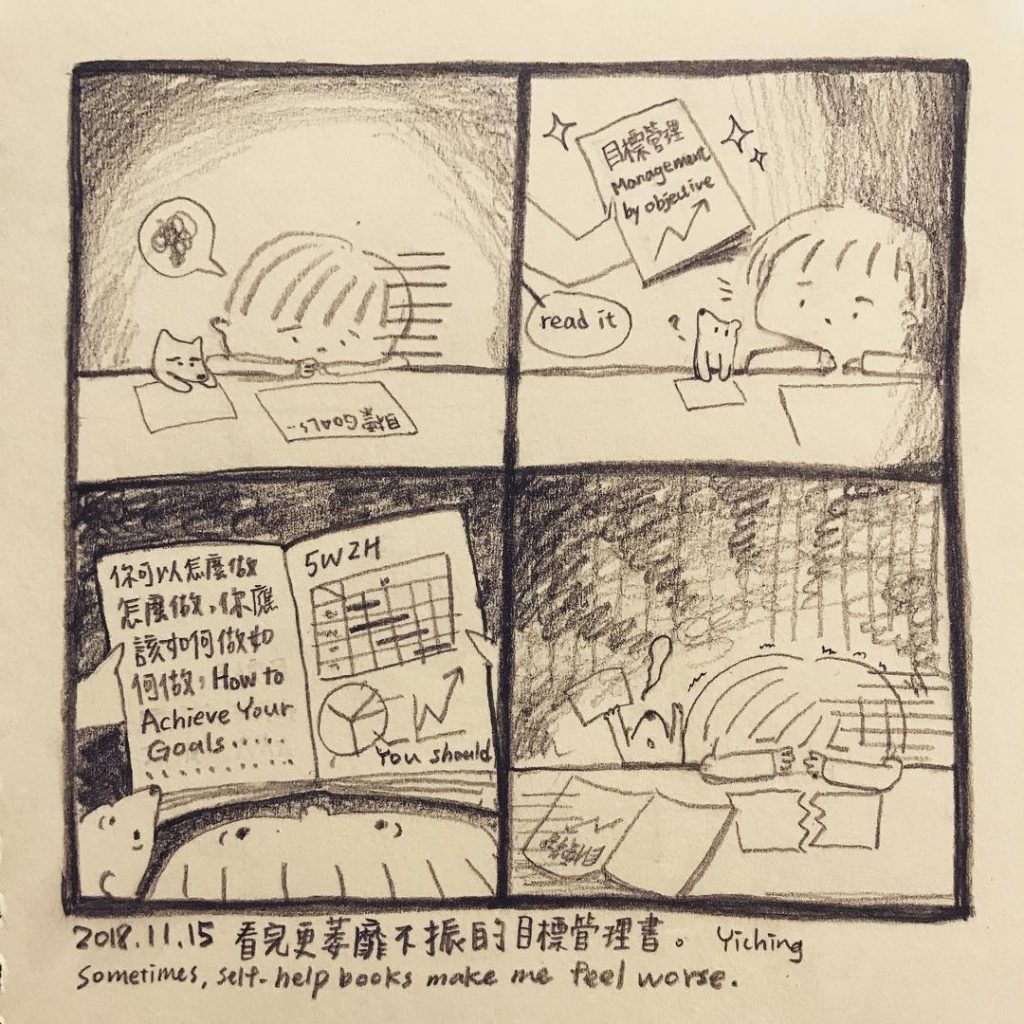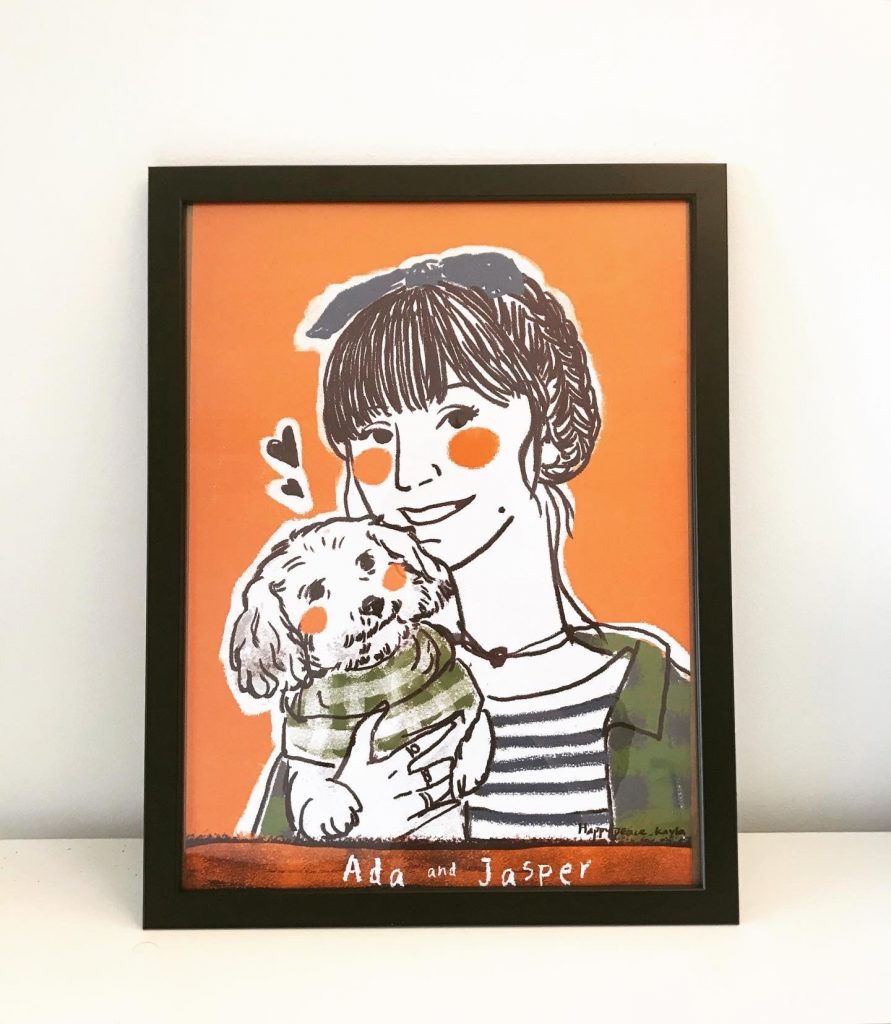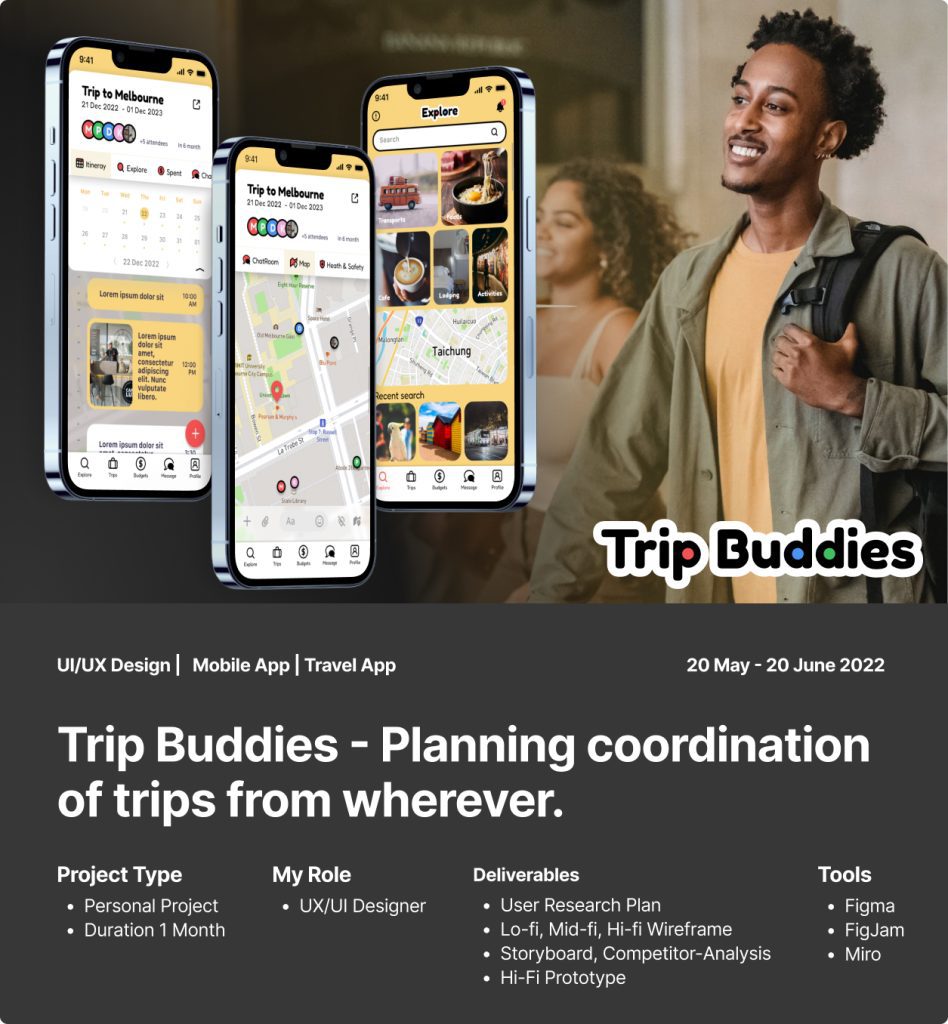Listening to the pain.
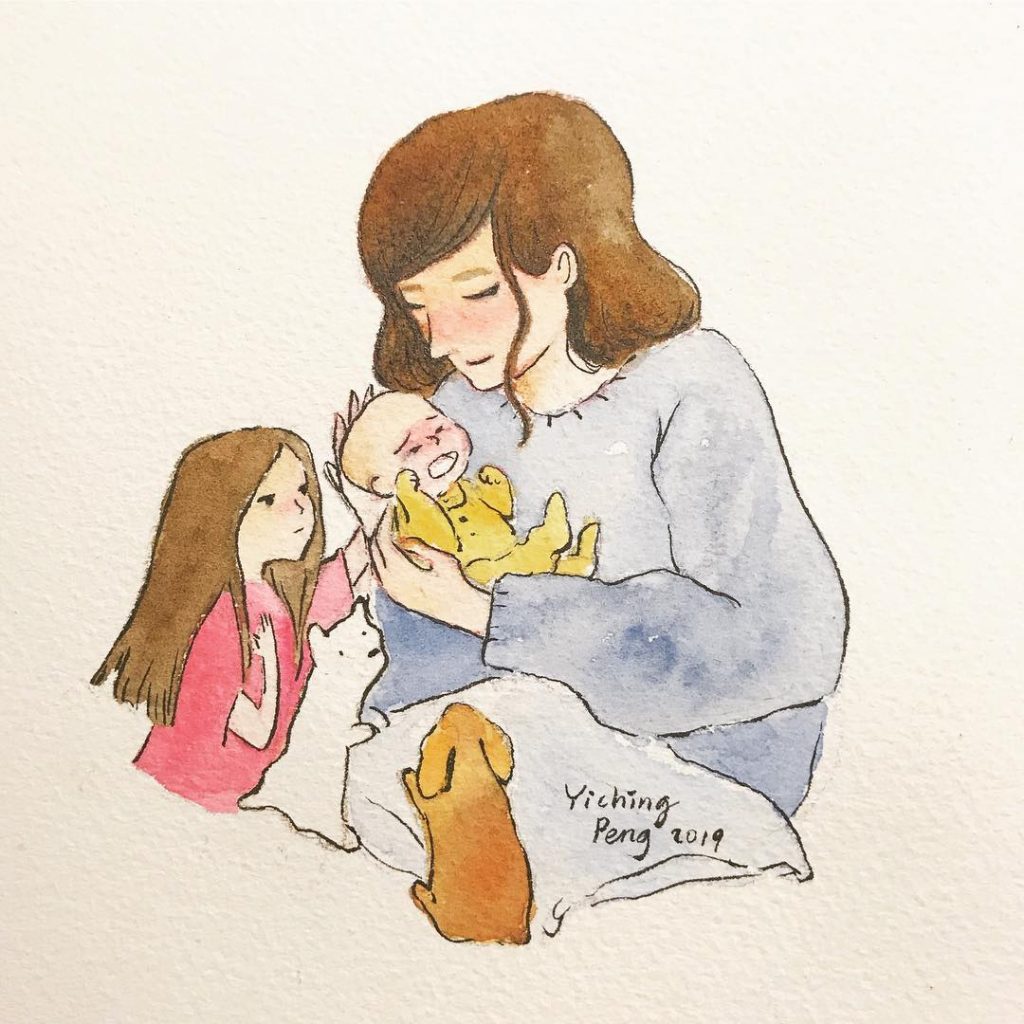
Listening to the pain.
Recently, I got a sore in my mouth, and whether I’m talking or eating, it’s been really uncomfortable. To avoid irritating it, I’ve been speaking less and smiling less. Even when I do talk, my voice sounds colder. Sometimes, even when I don’t touch it, it still hurts on its own—and worse, it even makes the surrounding teeth ache. It’s so frustrating. I don’t even want to get out of bed in the morning; I just feel so miserable. The past few nights before sleeping, I kept telling myself, “It’ll be better tomorrow.” But it hasn’t healed as quickly as I hoped.
At first, I felt helpless, wondering why it wasn’t getting better. I love to smile, but lately, every smile hurts. I really wish this wound would disappear. Ironically, the more I want it gone, the more painful it seems to get. After struggling with it for a while, I finally took a step back and asked myself, What’s going on with me? I started reflecting on how I’ve been treating myself lately. I realized that I drink sugary drinks all the time, I stay up late, wake up late, and don’t exercise at all.
When the pain gets really baddly, I talk to it:
“Hey, I hear you. I’m here with you. “ I said.
It can’t express itself with words
I try to soothe it like I would a baby—because just like a baby, it can’t express itself with words. Instead, its pain is a nonverbal message. As far as I know, mouth sores are caused by excessive heat in the body. So, I looked up what it needed, what I should “feed” it. I started drinking a ton of water and completely cut out sugary drinks. At one point, I really craved one, but thinking about the sore made me hold back. My body and I both know that sugary drinks do me no good—it’s just my brain, addicted to the temporary numbness of sweetness, tricking me into thinking I need them.
Your body doesn’t actually need ___; it’s just your brain making you think you do.
That’s how I encourage others to quit smoking, so I figured I should apply the same logic to quitting sugary drinks myself.
Through this self-care process, I initially thought of myself as the caregiver and my wound as something I needed to take care of. I felt like I had to compromise and sacrifice a lot just to help it heal. But yesterday, when I found myself refilling my water bottle for the nth time, a thought suddenly hit me—this wound isn’t just something I’m taking care of. It’s actually helping me return to a healthier lifestyle. In that moment, I felt deeply moved and grateful for its existence. I finally felt a sense of connection with it, like we were truly together. It was a warm feeling.
Isn’t this always the case? When do I drink the most water? When I have to take medicine—because medicine is bitter, and I need lots of water to wash it down. This time, I’ve been drinking more water than usual just to avoid sugary drinks because of my mouth sore. I even bought kiwis for extra vitamin C, went to bed early, and took better care of myself. If I lived like this all the time, my body would be so much happier.
This experience gave me an insight: when the body is unwell, it doesn’t just need treatment—it needs to be understood and listened to by the person it belongs to. If a patient sees themselves as a helpless victim and just blames everything around them, even the best medical treatment might not help them heal quickly. Sickness is like education. Just because we send our kids to school doesn’t mean we stop educating and supporting them at home. Likewise, handing our illness over to doctors and nurses doesn’t mean we should stop listening to our own bodies and doing what they need.
They stop seeing themselves as powerless victims and instead take an active role in their healing.
This mindset benefits patients in so many ways. When they believe they have the ability to work with the doctor to heal themselves, the treatment process becomes filled with more hope. They stop seeing themselves as powerless victims and instead take an active role in their healing. They won’t just dump their pain on doctors and expect them to fix everything. Even the fear and distrust they may have toward doctors can be acknowledged, understood, and soothed. Trusting the treatment is crucial—and that’s exactly why art therapists are so important.
聆聽疼痛
最近嘴巴裡破了一個洞,無論是講話還是吃東西都令我感到很不舒服,因為不想動到它,我變得不太說話,也不常笑,如果要說話,我的聲音也變得很冷淡,有時我不去動它,他自己沒事也會很痛,甚至讓他周圍的牙齒也痛了起來,讓我好沮喪,早上很不想起床,覺得自己好可憐,前幾天在睡覺前我都告訴自己,它明天就會好了,但是它沒有我想像中的這麼快好。
我原本很無奈,覺得他怎麼不快點好,我那麼愛笑的人,最近一笑就痛,我真的很希望這個傷口趕快消失,通常我很希望傷口趕快消失的時候,它只會讓我更痛,經過一番對抗,我沈澱下來問自己:「我怎麼了」我開始檢討這段時間怎麼對待自己的,我知道我很常喝飲料,我都很晚睡很晚起,沒有運動等等的。
當它很痛很痛的時候我會跟它說:「我知道~我在這裡」之類的安撫它的話,照顧傷口,就像在照顧小嬰兒一樣,因為它無法為自己用語言表達,所以疼痛就是它的非語言訊息,而就我所知,嘴破是因為火氣大,我查了它需要什麼、我該餵它吃什麼,我不斷地喝水,這幾天都沒有喝飲料了,雖然一度很想喝,但是想到它我就忍了下來,我和我的身體都知道,飲料對我們都無益,只是我的腦子已經習慣被甜的東西麻痺,我被控制了,「你的身體其實不需要__,只是你的大腦被控制了以為你需要他」我是這樣鼓勵別人戒菸,所以我也要這樣幫助自己戒飲料。
在這樣自我照顧的過程中,我一直以為自己是個照顧者,而傷口是被我照顧的,為了照顧它,我需要做很多的妥協和犧牲,但昨天我發現自己盛了不知道第幾次水來喝時,我突然覺得,這個傷口是來幫助我回歸到正常的生活的,那個領悟的當下我很感動,開始很感謝它的存在,我覺得這個領悟讓我跟我的傷口真正的在一起,有一種暖暖的感覺。其實一直以來都是這樣,什麼時候喝水最多?就是要吃藥的時候,藥很苦啊我每次都要配很多水,這次是覺得嘴破不要喝飲料就狂喝水,但是就是水喝得比平常多很多,還買了奇異果維他命C給自己吃,早早上床睡覺,想想平常如果就這樣生活,我的身體該有多幸福啊。
經過了這次嘴破我體驗到對於身體的不舒服,除了治療,它還需要被患者自己了解和聆聽,我們如果讓自己處在受害者角色,就算醫生給我們很好的治療,可能也不會好的很快吧。也想到,生病或許也和教育很像,我們把孩子交給學校,不代表我們不必教育和陪伴我們的孩子了; 我們把病痛交給醫生護士,不代表我們自己不必聆聽自己的疼痛和為它做它需要的事。
當我們相信我們有能力跟醫生一起治療自已,治療的過程會充滿更多盼望,因為我們不再視自己為無能為力任人宰割之人,不再把疼痛丟給醫生叫醫生處理,甚至對醫生的不信任所產生的恐懼也可以被聆聽、了解然後安撫,相信醫生的治療會有幫助是很重要的。
